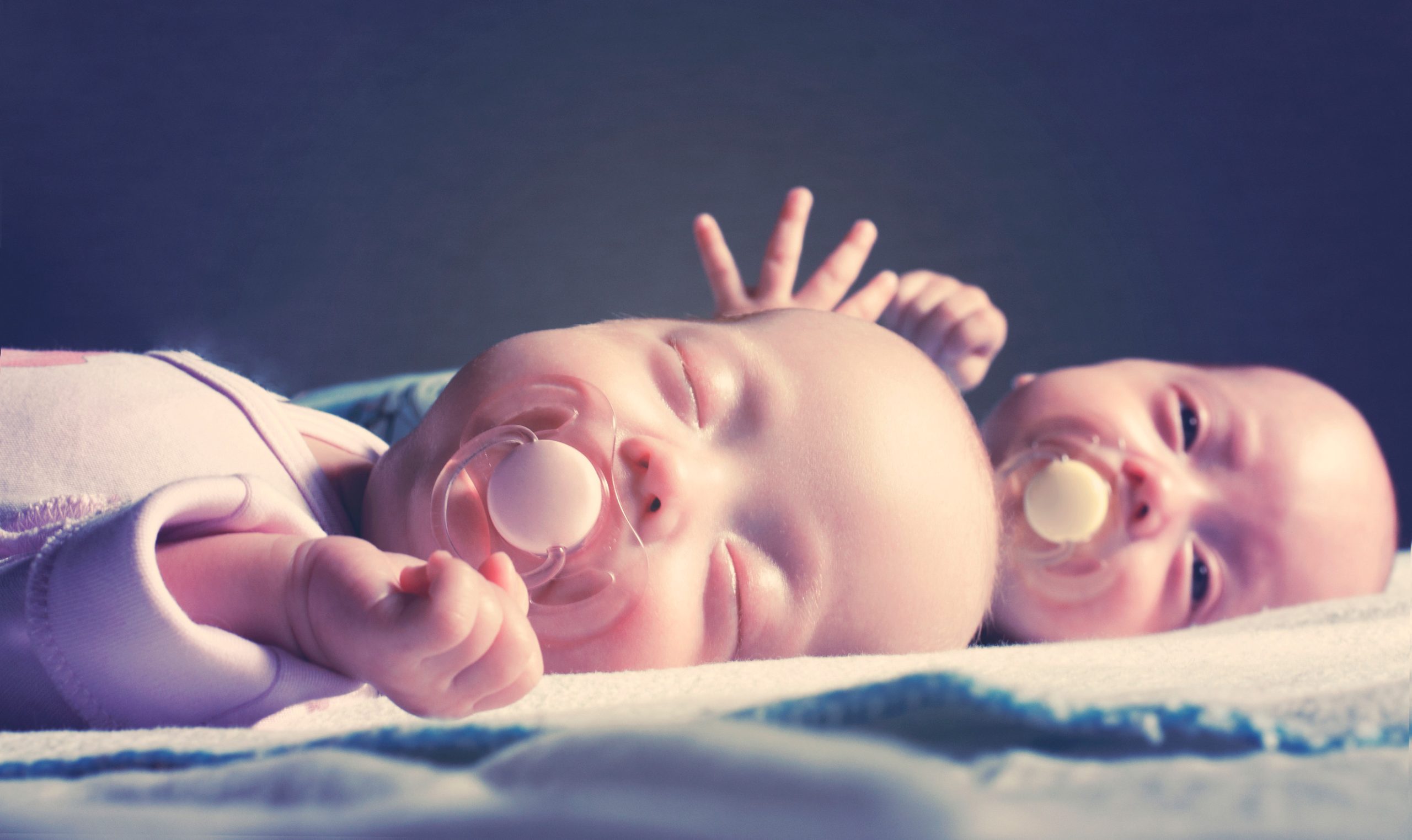Just because something is sold in a baby aisle or sits on your household shelf doesn’t mean it’s safe for your child. In fact, many common items that look harmless—or are even labeled as “gentle” or “non-toxic”—can actually be dangerous for babies. From ingredients you can’t pronounce to overlooked hazards in everyday gear, these products can pose health and safety risks with long-term consequences. As a parent, you already have a million things to think about, but knowing what to keep out of baby’s reach or routine can make a big difference. Here’s a closer look at eight everyday products that may be more dangerous for babies than most people realize.
1. Scented Baby Wipes Can Trigger Skin and Breathing Issues
They may smell like lavender or fresh linen, but scented baby wipes often contain fragrances and preservatives that are harsh on delicate skin. These chemicals can cause rashes, allergic reactions, or even disrupt your baby’s developing respiratory system. Even wipes labeled “natural” or “sensitive” may include irritants like parabens or formaldehyde-releasing agents. Unscented, hypoallergenic wipes with minimal ingredients are often a safer choice. Always read the ingredient list, even if the packaging looks baby-friendly.
2. Air Fresheners Release Harmful Particles
Plug-ins, sprays, and scented oils might make your home smell clean, but they can pollute the air your baby breathes. Many air fresheners emit volatile organic compounds (VOCs), which have been linked to asthma and hormone disruption. Since babies breathe faster and closer to the ground, they absorb more of these chemicals than adults. These products can be especially dangerous for babies with allergies or existing respiratory conditions. Consider switching to natural ventilation or baking soda-based alternatives instead.
3. Teething Necklaces Pose a Serious Choking Risk
Amber teething necklaces have gained popularity as a “natural” remedy for teething pain, but they can be very dangerous for babies. There’s no scientific evidence they work, and they create a strangulation and choking hazard if the beads break or the necklace gets caught. Even silicone versions marketed as “safe” can break under pressure. Pediatricians and safety experts strongly recommend avoiding them entirely. Use chilled (not frozen) teething toys instead and always supervise during use.
4. Baby Powders Contain Inhalation Hazards
While baby powders were once considered essential, many now come with warnings about the dangers of inhaling fine particles. Traditional talc-based powders have been linked to respiratory issues and even cancer in some lawsuits. Even cornstarch-based powders, though marketed as safer, can still irritate sensitive lungs when airborne. If you’re trying to reduce moisture, a soft cloth or barrier cream is usually a better option. Avoid using powders directly on your baby’s skin or near their face.
5. Plastic Baby Bottles May Leach Harmful Chemicals
Not all plastic baby bottles are created equal, and some may still leach chemicals like BPA or BPS, especially when heated. These chemicals have been associated with developmental and hormonal disruptions. Even “BPA-free” bottles may contain substitute chemicals that aren’t fully tested for safety. Glass bottles or those made with high-quality silicone can provide a safer alternative. If you do use plastic, avoid microwaving and replace them at the first sign of wear or scratches.
6. Fabric Softeners and Dryer Sheets Leave Toxic Residue
Soft, fresh-smelling clothes feel great, but the chemicals used in fabric softeners and dryer sheets are far from gentle. They leave a film on clothes that can cause skin irritation and introduce endocrine-disrupting compounds. These residues are especially dangerous for babies, whose skin absorbs more than adult skin. Unscented, hypoallergenic detergents without added softeners are a better choice. If you miss that softness, try wool dryer balls instead.
7. Crib Bumpers and Pillows Increase Suffocation Risk
Crib bumpers, decorative pillows, and even plush blankets can look cute, but they pose a real suffocation hazard for babies. Despite warnings from pediatricians and the American Academy of Pediatrics, some stores still sell them as part of crib bedding sets. Babies don’t have the strength to move their heads if their airway becomes blocked by soft materials. A firm mattress with a fitted sheet is all your baby needs for safe sleep. Keep the crib free of extras to reduce the risk of SIDS.
8. Antibacterial Soaps Disrupt the Skin’s Natural Barrier
Parents want to keep germs away, but antibacterial soaps are often too harsh for baby skin. These products can strip the skin’s natural oils and alter the microbiome, which plays a role in immune system development. Some ingredients, like triclosan, have even been banned in certain products due to safety concerns. For most situations, plain soap and water are more than enough. Stick to mild, fragrance-free cleansers designed specifically for infants.
Safe Starts Begin with Awareness
When it comes to products that are dangerous for babies, the real threat is often what we don’t see or question. Labels like “gentle,” “natural,” or “for babies” can be misleading, hiding ingredients or risks that don’t show up until it’s too late. By learning where these hidden dangers live and choosing safer alternatives, you’re giving your baby the best possible start. You don’t have to overhaul your entire household overnight, but small swaps and more informed choices can make a big difference. Parenting is full of enough surprises already—safety shouldn’t be one of them.
What everyday baby product surprised you most after learning about its risks? Share your thoughts or tips in the comments!
Read More:
Are You Wasting Money? 6 Baby Items New Parents Regret Buying
6 Urgent Safety Checks for Baby Gear
The post Beyond The Label: 8 Everyday Products Dangerous For Babies appeared first on Kids Ain't Cheap.


.jpg?w=600)





